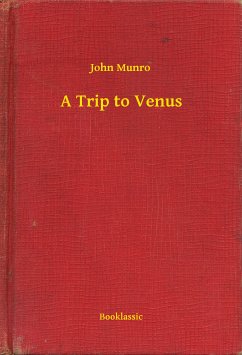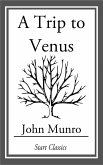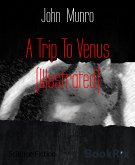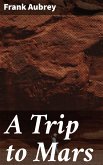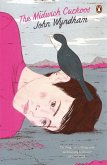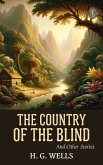When evening came I turned to the books, and gathered a great deal about the fiery planet, including the fact that a stout man, a Daniel Lambert, could jump his own height there with the greatest ease. Very likely; but I was seeking information on the strange light, and as I could not find any I resolved to walk over and consult my old friend, Professor Gazen, the well-known astronomer, who had made his mark by a series of splendid researches with the spectroscope into the constitution of the sun and other celestial bodies.
Dieser Download kann aus rechtlichen Gründen nur mit Rechnungsadresse in A, B, BG, CY, CZ, D, DK, EW, E, FIN, F, GR, H, IRL, I, LT, L, LR, M, NL, PL, P, R, S, SLO, SK ausgeliefert werden.

